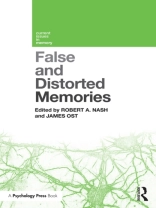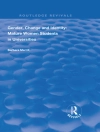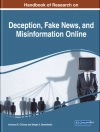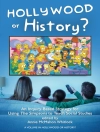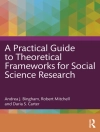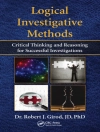Our memories shape how we think about the past, how we plan for the future, and how we think about ourselves. Yet our memories are also constantly being reinvented: we often remember our experiences differently from how they truly happened, and can even remember experiences that never happened at all.
False and Distorted Memories provides an overview of recent and ongoing developments in the science of false memory. World-leading researchers unpick questions about flawed recollections, discussing issues as varied as the reliability of highly emotional memories, why we sometimes begin to remember fictional experiences that we have deliberately fabricated, and what happens when we stop believing our memories. Each chapter demonstrates how memory science has furthered our understanding of these important questions, by exploring theoretical ideas and psychological research methods that underpin their investigations.
Edited by Robert Nash and James Ost, this volume offers an international and up-to-date perspective on false and distorted memories. The volume also draws attention to the broad range of real-life contexts in which such distortions might arise and their potential consequences. False and Distorted Memories illustrates the ease with which memory can be contaminated and the power of the resulting memory errors, providing an integral text for researchers and students interested in the psychology of memory.
